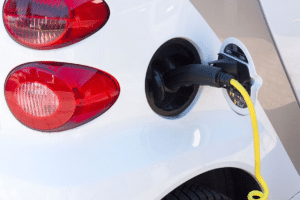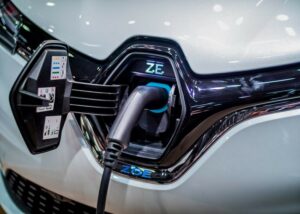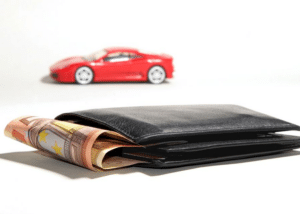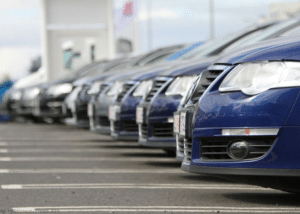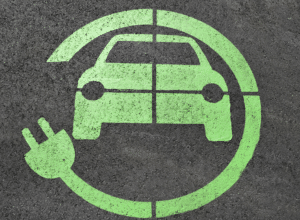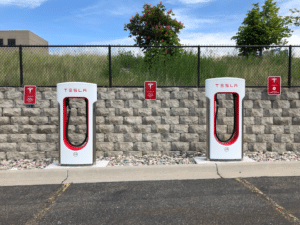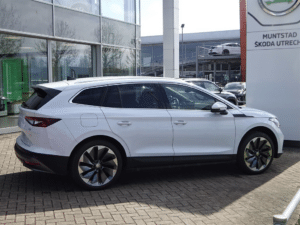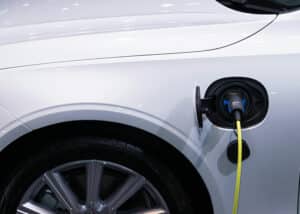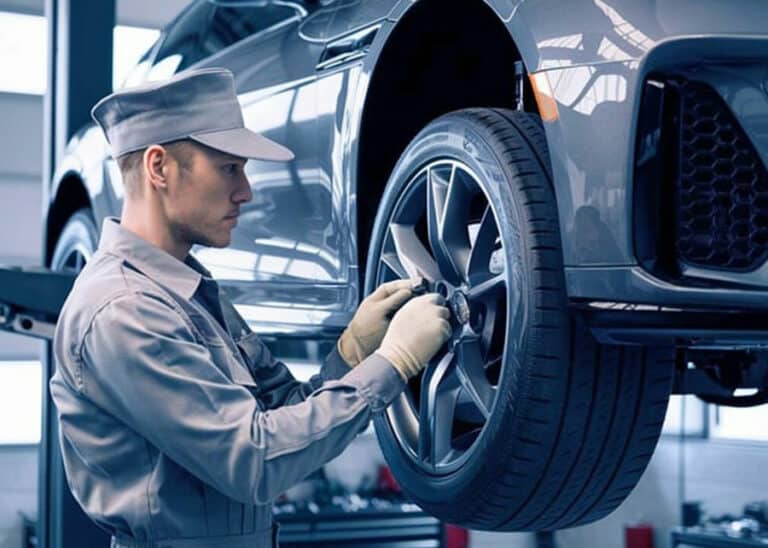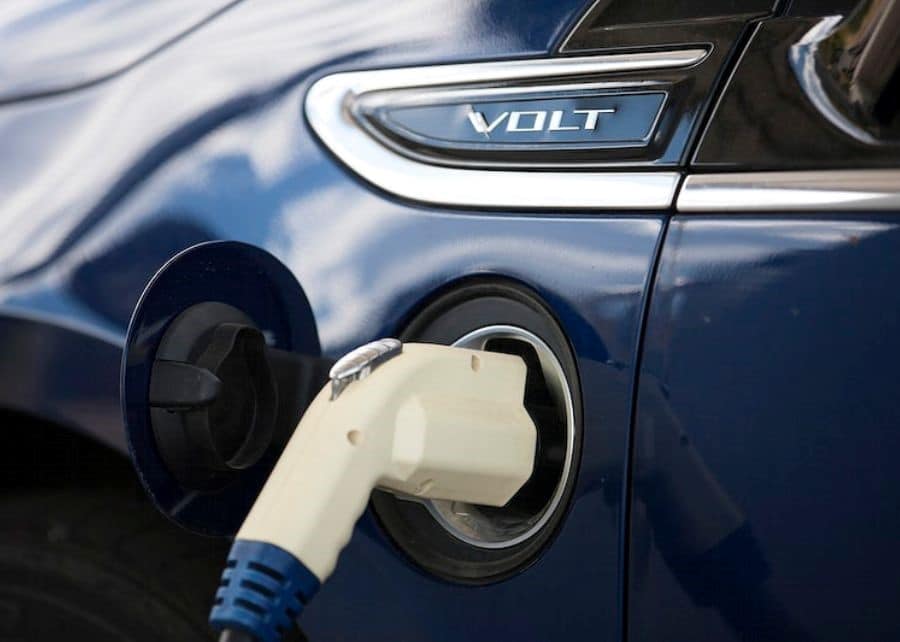
Do you need to buy EV-specific tyres for your electric car?
What makes EV tyres different?
EV tyres differ from regular tyres in several key ways:
- Rolling Resistance: EV tyres are designed to have lower rolling resistance compared to regular tyres. This reduced resistance helps maximize the vehicle’s range by minimizing energy loss as the tyres move around, says Electric Car Guide.
- Weight-Bearing: Electric vehicles are typically heavier due to the weight of the battery pack. As a result, EV tyres need to withstand heavier loads compared to tyres for petrol or diesel cars, according to Halfords.
- Noise Reduction: Electric vehicles tend to be quieter than normal vehicles. To mitigate road and tyre noise, some EV tyres have a layer of polyurethane foam bound to the inner surface of the tread. According to WhatCar? this foam absorbs noise from the tyre cavity and prevents it from being transmitted into the car.
- Regenerative Braking: EV tyres play a role in regenerative braking systems. These systems convert kinetic energy back into electrical energy during braking. Tyres with good traction and grip are essential for efficient regenerative braking.
- Range Considerations: Improving tyre efficiency by even one rolling resistance class (as indicated on the EU tyre label) can increase an EV’s range by around three to four percent. Tyre engineers pay attention to details like rotational aerodynamics and sidewall design to enhance performance and extend range.
EV tyres are optimized for load capacity, efficiency, noise reduction, and overall performance in electric vehicles. With plenty to choose from, these factors can be handy to ensure safety and optimal driving experience.
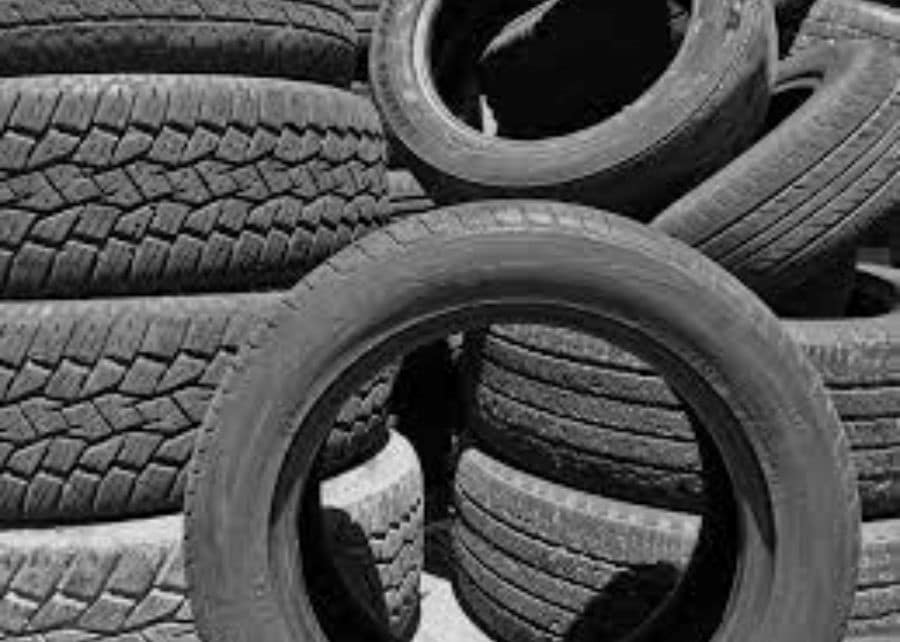
Do EV tyres improve efficiency?
EV tyres play a crucial role in enhancing efficiency and heres how:
- Reduced Rolling Resistance: EV tyres are designed with lower rolling resistance compared to regular tyres. This reduction in resistance helps maximize the vehicle’s range by minimizing energy loss as the tyres move around. Essentially, it contributes to better overall efficiency for electric cars, according to Electric Car Guide.
- Load Capacity Considerations: Since EVs are often heavier than their petrol or diesel counterparts, the largest and fastest models require tyres with heavy load (HL) ratings. These tyres can handle the extra strain imposed by the weight of the vehicle. In some cases, the heaviest electric SUVs might even need extra load (XL) tyres, which are reinforced to cope with greater loads and higher speeds, says WhatCar?.
- Aerodynamics and Noise: EV drivers are more sensitive to road and tyre noise due to the absence of engine noise. Some EV tyres feature a layer of polyurethane foam on the inner surface of the tread. This foam absorbs noise from the tyre cavity, preventing it from entering the car cabin. Additionally, engineers pay attention to rotational aerodynamics and sidewall design to optimize performance and efficiency.
According to Zecar, EV tyres with low rolling resistance contribute to extended range and enhanced energy efficiency, making them a smart choice for electric vehicles.
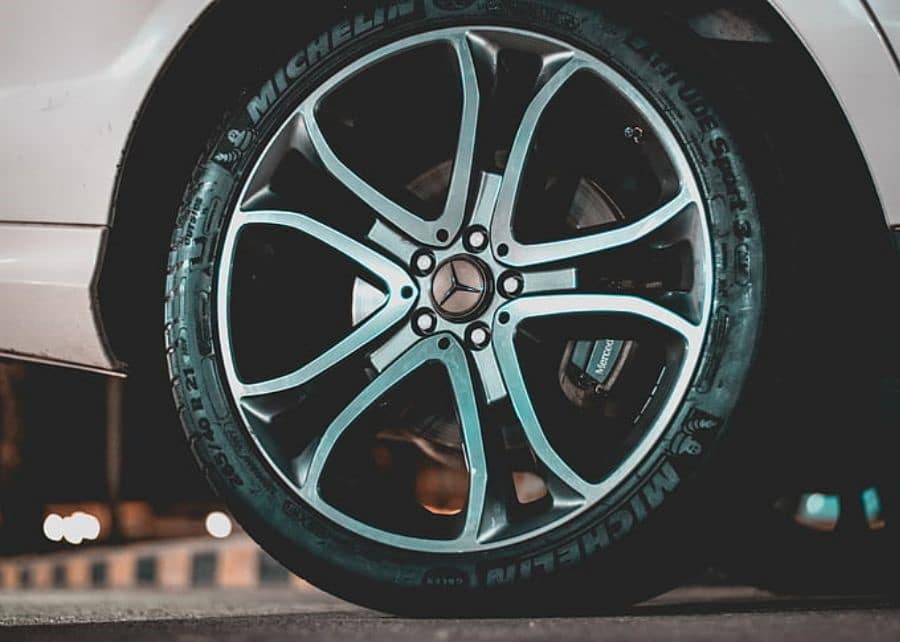
Is EV tyre wear worse than petrol or diesel cars?
EV tyres experience different wear patterns compared to those of petrol or diesel cars. Let’s take a look at how they differ:
- Increased Weight and Torque:
- EVs are generally heavier due to their battery packs. Additionally, the instant torque generated by electric power puts more pressure on the tyres.
- Traditional tyres can wear out up to 30% faster on electric vehicles, according to Motor Easy.
- Load Capacity and Efficiency:
- EVs’ weight necessitates tyres with higher load capacity.
- To enhance efficiency, tyre manufacturers focus on reducing rolling resistance, which directly impacts an EV’s range.
- Noise Concerns:
- Road and tyre noise are more noticeable in EVs due to the absence of engine noise.
- According to WhatCar? some tyres incorporate polyurethane foam to absorb noise from the tyre cavity and prevent it from reaching the cabin.
- Data on Tyre Wear:
- Cap hpi, an automotive data expert group, found that EV tyres wear out on average 67% more quickly than those of internal combustion engine (ICE) cars.
- Over 30,000 miles or three years of driving, an EV typically requires an average of 5.3 tyre replacements, while an ICE car needs 3.6 replacements.
While EVs’ tyre wear is more pronounced, advancements in tyre design aim to address their unique demands that’s for sure.If you own an EV, the best thing to do would be to probably stick with the tyres that were fitted. However, if you’re on a limited budget, you can save money by opting for an alternative, as long as its specifications are suitable.



















